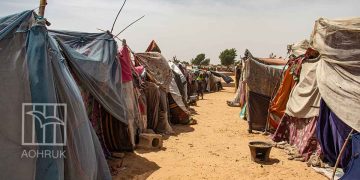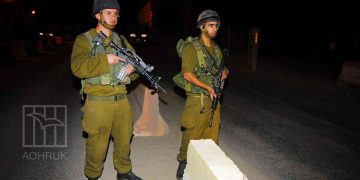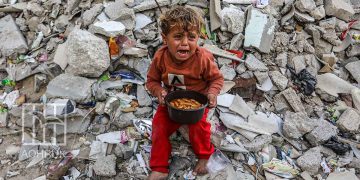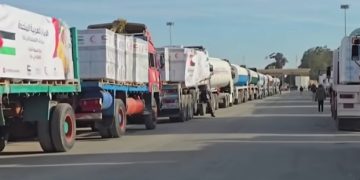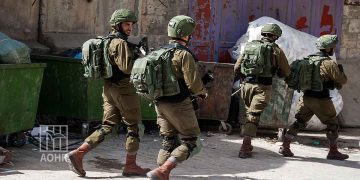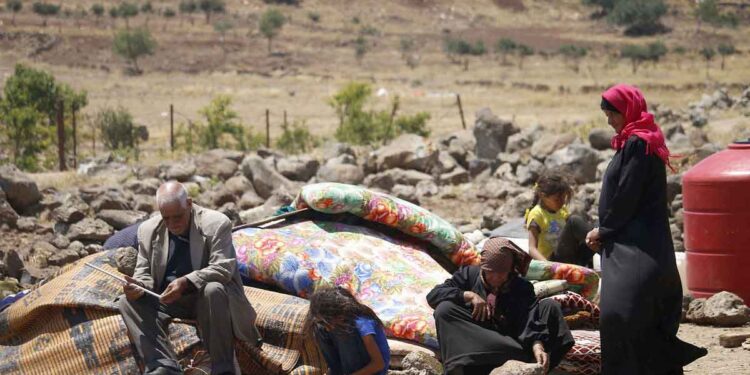The United Nations Relief and Works Agency for Palestine Refugees (UNRWA) said that the lives of more than 30,000 Palestinian refugees are at risk, following the recent clashes in Daraa Governorate, southern Syria.
In a statement issued on Monday evening, the agency warned that “the violent bombing and clashes that have taken place since last July 29, have resulted in injuries and loss of life and the displacement of hundreds of vulnerable families,” noting that these developments led to “reducing the agency’s ability to provide its vital services”.
The statement confirmed that more than 600 Palestinian refugee families, numbering 3000 people, live in the camp area in Daraa, in “bad humanitarian conditions,” adding that the stock of medicines, food and bread in the camp ran out since August 2, following the closure of the main Saraya humanitarian crossing on July 30.
It added that “the cutting off of water and electricity in the camp led to the suspension of the necessary preparations for the children’s return to school, and the ability of western Daraa refugees to obtain UNRWA services has become limited.”
UNRWA called on “all parties to the conflict to ensure unimpeded humanitarian access, and to protect civilians and civilian infrastructure, including UNRWA services and facilities in the governorate.”
On June 25, the Syrian regime forces and affiliated militias besieged the Daraa Al-Balad area in Daraa Governorate, after the opposition refused to hand over light weapons, following the 2018 agreement, which was limited to handing over heavy and medium weapons.
Syria’s civil war has been going on since March 18, 2011, when the regime of Bashar Al-Assad cracked down on pro-democracy protests with unexpected ferocity.
Arab Organisation for Human Rights in the UK has repeatedly called for an end to the war in Syria, calling on the international community to put pressure on the Syrian and Russian military alliance to end the war that claimed hundreds of thousands of innocent lives and displaced more than 10 million people.


